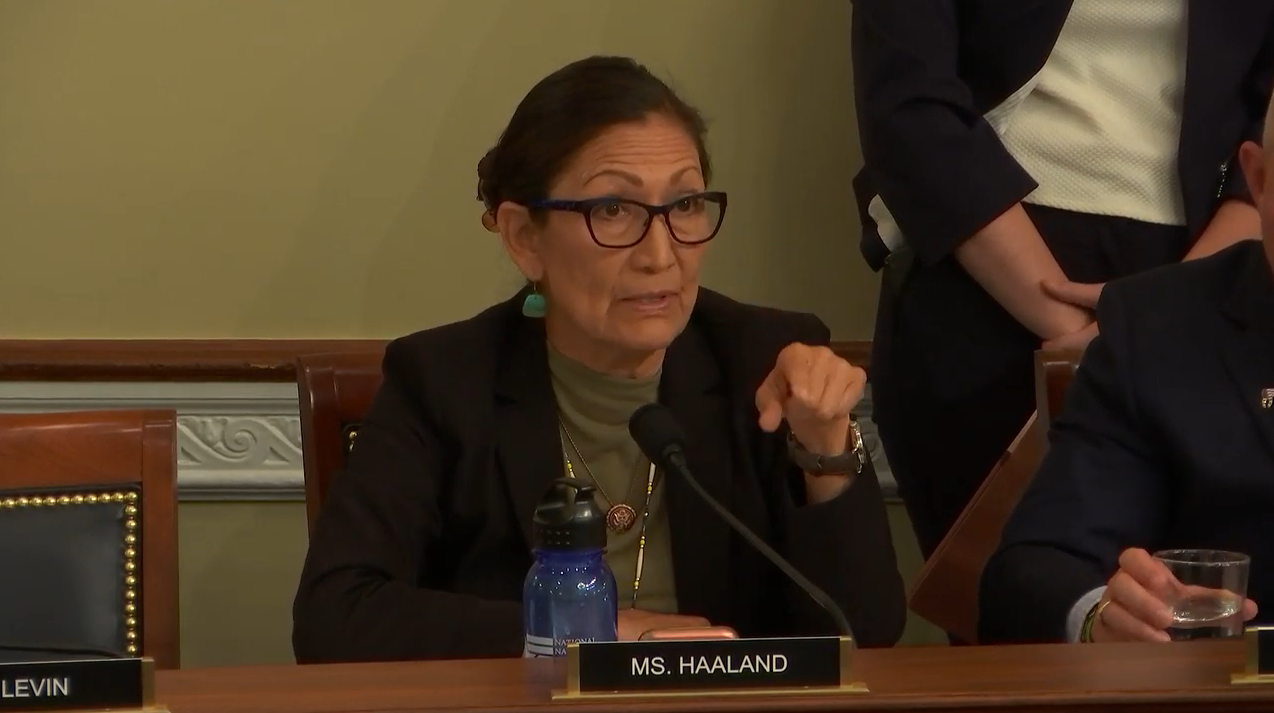Using FOIA to Fight Trump Administration Obstruction
We obtained documents that show the coziness between political appointees and the fossil fuel industry — and provide an example of the administration's failure to cooperate fully with congressional oversight requests.

American Oversight recently obtained documents that not only show the coziness between Department of the Interior political appointees and the fossil fuel industry — they also provide an example of the administration’s failure to cooperate fully with congressional oversight requests.
In April, we submitted a Freedom of Information Act request for call logs and calendars to determine exactly how top officials at the Department of the Interior spend their time. Here’s what we learned from the documents the department provided: The president’s top offshore oil and gas regulator, Scott Angelle, had dozens of calls with energy industry groups, clearly prioritizing meeting with oil and gas interests over groups focused on protecting the environment — meetings with public interest and environmental groups show up in the calendars exactly zero times.
We sent these calendars to the House Natural Resources Committee as part of our Parallel Investigations Initiative, in which we request records on issues Congress is also investigating — using FOIA and the courts to make it harder for the Trump administration to stonewall and hide the truth.
During a Thursday committee hearing on the Interior Department’s compliance with congressional oversight, Rep. Debra Haaland pointed to the Interior call logs we obtained, which — unlike the version the department provided to Congress — were unredacted. “As you can see, the department provided a response to Congress that was blatantly incomplete and has not corrected it,” Haaland said. “Is this simply incompetence, do you think, on the part of the department, or do you think they’re purposefully withholding information from us?”
The version of the documents provided to American Oversight shows Angelle had at least 10 calls with the American Petroleum Institute as well as numerous calls with energy companies, including Chevron Corp. and Hilcorp Energy Co. The agency’s decision to provide Congress with overly redacted versions of the documents underscores the importance of public oversight and FOIA in demanding transparency in the Trump era.
This is not to say that the Interior Department’s FOIA regulations don’t also need work. This summer, news outlets reported on the department having allowed political appointees power to oversee final responses to FOIA requests, raising questions about whether public information could be withheld for political purposes.
Angelle, of course, is the same official who called companies “partners” and gave his cell number to industry representatives, reminding them to call because written communications are subject to FOIA.
Luckily for the public, phone logs are public records, too.